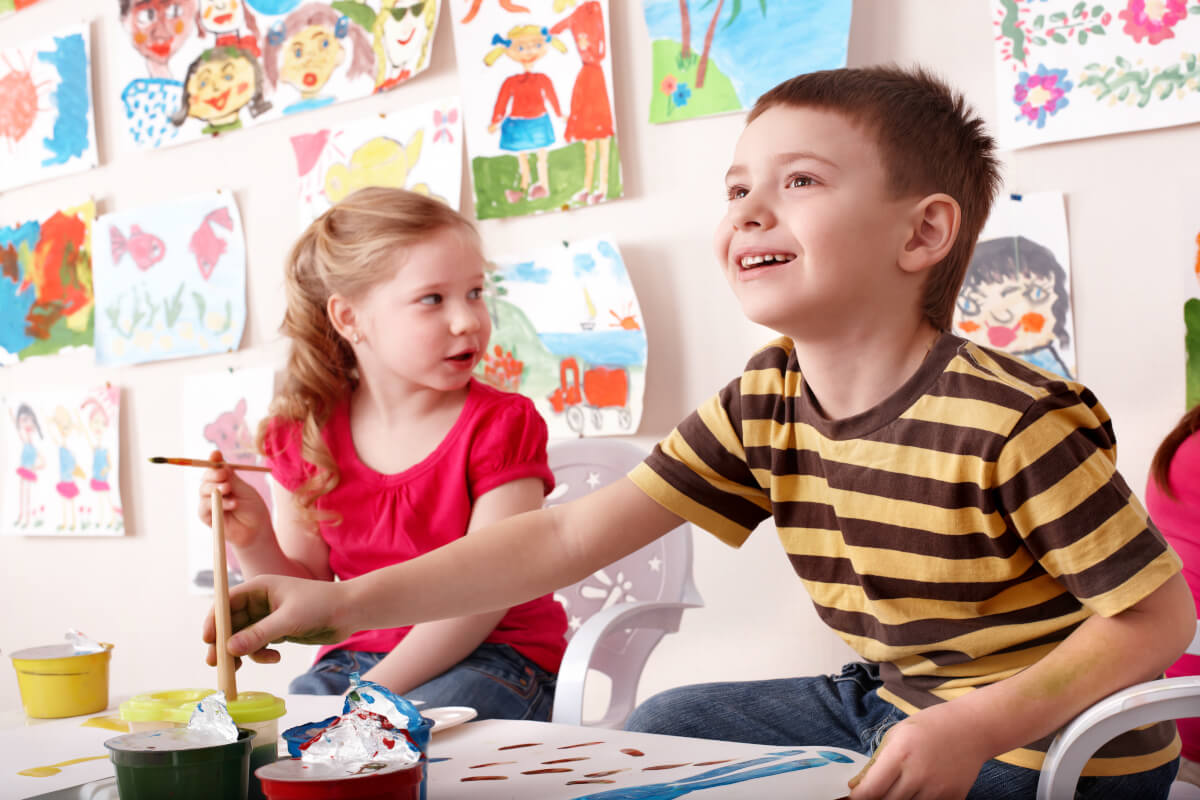The Covid pandemic is affecting everyone, be it young or old. Our lives have suddenly been turned upside down as we adapt to the new restrictions which have been enforced on all of us. Even after a short period of change, it has become apparent that these changes can have a lifetime impact on our children. No one wants to see their child(ren) being disadvantaged by the challenges they have encountered since the initial outbreak of the pandemic. So now is the time to help your child deal with the challenges and changes.
As many children in our southern states have come out of yet another lockdown It is so important that you consider the challenges your children may be experiencing and in particular:
-
Changes in their routines (e.g., having to physically distance from family, friends, community, wear masks, etc)
-
Breaks in continuity of learning (e.g., virtual learning environments, technology access and connectivity issues)
-
Breaks in continuity of health care (e.g., missed health visits, limited access to mental, speech, and occupational health services)
-
Missed significant life events (e.g., grief of missing celebrations, vacation plans, and/or milestone life events)
-
Lost security and safety (e.g., housing and food insecurity, increased exposure to violence and online harms, threat of physical illness and uncertainty for the future)
Not only are children affected by these challenges, but also with the closure of schools, their education has been affected. Remember, schools are not just a place for learning, but it is where kids socialise, develop emotionally and for some a refuge from troubled family life. The pandemic has caused children to be isolated and lonely, suffering from sleep problems and reduced physical activity. Areas that contribute to their lifetime of potential.
Even returning to the classroom, can put additional stress on to a child, due to social development changes and disruptions. Therefore, it is important that you continue to support their learning and instil healthy habits, to help them to get the most out of their education and allow their developing brains the opportunity to soak up and retain an expanding wealth of knowledge and information in this world – particularly during the early childhood development years.
When adults in the household are worried or stressed, even very young children (birth-2 years) may experience emotional distress. Children ages 3-5 years might worry about getting sick with COVID-19 or about their loved ones getting sick. Excessive worry or sadness, unhealthy eating or sleeping habits, and difficulty with attention and concentration are some signs of stress in young children.
Ways to Help Your Child
Give your child continued stability and support, as they navigate this pandemic, and to help you to do this, below are some simple suggestions:
-
Maintain a normal routine, e.g regular bed times, school and play hours.
-
Teach and reinforce everyday preventative actions – be a good role model, wash your hands often with soap and water or use a good (natural) hand sanitiser.
-
Teach simple steps to stay healthy (check out my recipes section) for example eat adequate fruits and vegetables, fish, and probiotics like yoghurt, drink filtered water, reduce sugary drinks, and processed foods like cakes, biscuits, lollies and takeaways.
-
Take supplements to maintain a healthy immune and nervous system like zinc, vitamin C, quercetin, vitamin D, B vitamins and magnesium.
-
Limit time on computers, hands free devices, phones and social media.
-
Encourage them to play outdoors – it’s great for physical and mental health and is important for a healthy immune system.
-
Help them stay socially connected – reach out to friends and family via phone or video chat. Write cards or letters to family members they may not be able to visit.
-
Talk, listen, and encourage expression.
-
Give honest and accurate information.
-
Be alert for any change in behaviour.
-
Reassure children about their safety and well-being.
For other suggestions, check out my “Unlock Your Child’s Potential” article, which provides information and tips on how you can nutritionally feed your child’s potential.
Unsure where to start then, contact a qualified health professional like myself for a tailored plan.



